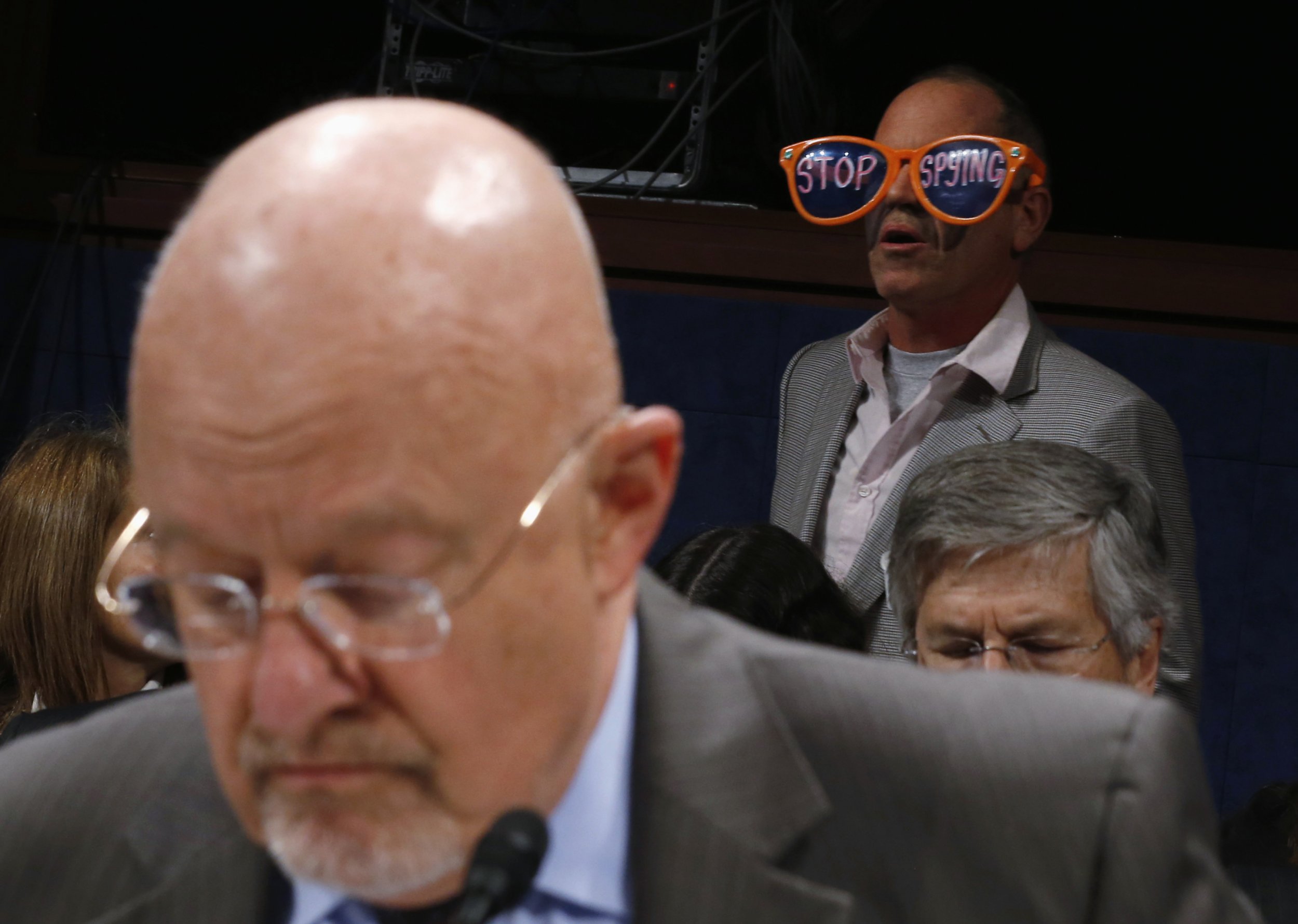
An independent government review board has ruled that the NSA's controversial interpretation of the Foreign Intelligence Surveillance Act to justify surveilling the content of Americans' communications is both "valuable and effective in protecting national security."
"Operation of the Section 702 program has been subject to judicial oversight and extensive internal supervision," the Privacy and Civil Liberties Oversight Board (PCLOB) wrote in a July 2 report, "and the board has found no evidence of intentional abuse."
Section 702 of the Foreign Intelligence Surveillance Act dictates when the government can legally target non-U.S. citizens living outside the United States. But critics of the legislation say that, in fact, agencies such as the NSA interpret 702 in so loose a manner that it has effectively become a tool for spying on American citizens. As the Electronic Frontier Foundation, an international nonprofit digital rights group, wrote in March of this year, "The NSA has a twisted, and incredibly permissive, interpretation of targeting that includes communications about a target, even if the communicating parties are completely innocent."
For example, Section 702 is the NSA's legal justification for its PRISM program. Under PRISM, which was disclosed by former U.S. intelligence employee Edward Snowden in June 2013, the agency obtained secret Foreign Intelligence Surveillance Court warrants for the social media data of Americans. This included the content of emails, chats, videos, photos and other media. Section 702 is also the NSA's justification for tapping directly into the fibre optic cables that carry Internet traffic in the U.S. and abroad.
While the PCLOB concluded that the NSA's broad interpretation of Section 702 was "at its core...sound," it did offer recommendations to ensure the NSA "includes adequate and appropriate safeguards for privacy and civil liberties." These included revising targeting procedures to ensure they are focused on obtaining foreign intelligence; limiting the FBI's use of data obtained under 702; and limiting the NSA and CIA's ability to search for U.S. persons in 702 databases. The PCLOB also recommended that the Foreign Intelligence Surveillance Court (which issues surveillance warrants under 702) be given more information and oversight over targeting and collection procedures.
This is the second report issued by the PCLOB pertaining to NSA programs disclosed by Snowden. The first, published in January, evaluated the legality of the NSA's telephone metadata collection program, which stored the call logs of millions of Americans. That program is justified by Section 215 of the USA Patriot Act. In that case, the PCLOB ruled Section 215 did "not provide an adequate legal basis to support the program." In March, the president called for an end to the program. As of now, however, it is still up and running.
Uncommon Knowledge
Newsweek is committed to challenging conventional wisdom and finding connections in the search for common ground.
Newsweek is committed to challenging conventional wisdom and finding connections in the search for common ground.
About the writer
To read how Newsweek uses AI as a newsroom tool, Click here.






